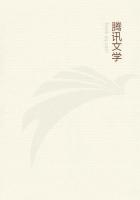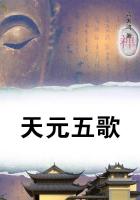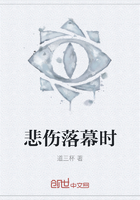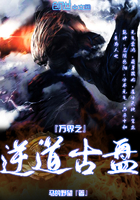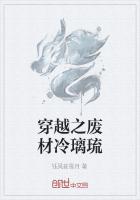I'll lend you books on the subject. I don't know how large your crops will be, nor do I know how much a horse eats; that's your business. But I am certain, with a hired man to take your place helping your wife on her two acres of vegetables, that by the time you own the horses your three acres will feed, you will have all you can attend to. Then it will be time to get more land, for more horses, for more riches, if that way happiness lie."
Billy understood. In his enthusiasm he dashed out:
"You're some farmer."
Edmund smiled and glanced toward his wife.
"Give him your opinion of that, Annette."
Her blue eyes twinkled as she complied.
"Why, the dear, he never farms. He has never farmed. But he knows." She waved her hand about the book1ined walls. "He is a student of good. He studies all good things done by good men under the sun. His pleasure is in books and wood-working."
"Don't forget Dulcie," Edmund gently protested.
"Yes, and Dulcie." Annette laughed. "Dulcie is our cow. It is a great question with Jack Hastings whether Edmund dotes more on Dulcie, or Dulcie dotes more on Edmund. When he goes to San Francisco Dulcie is miserable. So is Edmund, until he hastens back. Oh, Dulcie has given me no few jealous pangs. But I have to confess he understands her as no one else does."
"That is the one practical subject I know by experience," Edmund confirmed. "I am an authority on Jersey cows. Call upon me any time for counsel."
He stood up and went toward his book-shelves; and they saw how magnificently large a man he was. He paused a book in his hand, to answer a question from Saxon. No; there were no mosquitoes, although, one summer when the south wind blew for ten days--an unprecedented thing--a few mosquitoes had been carried up from San Pablo Bay. As for fog, it was the ****** of the valley. And where they were situated, sheltered behind Sonoma Mountain, the fogs were almost invariably high fogs. Sweeping in from the ocean forty miles away, they were deflected by Sonoma Mountain and shunted high into the air. Another thing, Trillium Covert and Madrono Ranch were happily situated in a narrow thermal belt, so that in the frosty mornings of winter the temperature was always several degrees higher than in the rest of the valley. In fact, frost was very rare in the thermal belt, as was proved by the successful cultivation of certain orange and lemon trees.
Edmund continued reading titles and selecting books until he had drawn out quite a number. He opened the top one, Bolton Hall's "Three Acres and Liberty," and read to them of a man who walked six hundred and fifty miles a year in cultivating, by old-fashioned methods, twenty acres, from which he harvested three thousand bushels of poor potatoes; and of another man, a "new" farmer, who cultivated only five acres, walked two hundred miles, and produced three thousand bushels of potatoes, early and choice, which he sold at many times the price received by the first man.
Saxon receded the books from Edmund, and, as she heaped them in Billy's arms, read the titles. They were: Wickson's "California Fruits," Wickson's "California Vegetables," Brooks' "Fertilizers," Watson's "Farm Poultry," King's "Irrigation and Drainage," Kropotkin's "Fields, Factories and Workshops," and Farmer's Bulletin No. 22 on "The Feeding of Farm Animals."
"Come for more any time you want them," Edmund invited. "I have hundreds of volumes on farming, and all the Agricultural Bulletins.... And you must come and get acquainted with Dulcie your first spare time," he called after them out the door.


